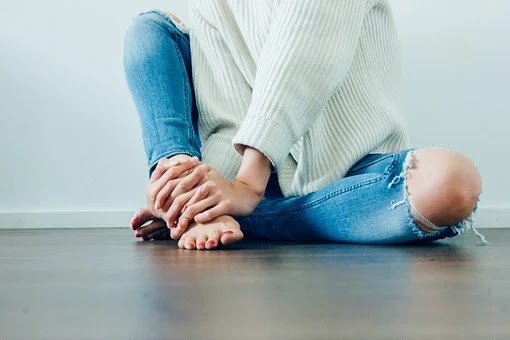Changes in physical therapy students' beliefs and attitudes about low back pain due to preregistration training.
Christe, G., Darlow, B. & Pichonnaz, C. Changes in physical therapy students' beliefs and attitudes about low back pain due to pre-registration training. Arch Physiother 11, 13 (2021). https://doi.org/10.1186/s40945-021-00106-1
Commentary
Implementing best practice care for patients with low back pain (LBP) is very important, but physical therapists with clinically unhelpful beliefs are less likely to adhere to guidelines and may negatively impact their patients.
This study examined changes in second-year physical therapy students' beliefs about LBP following a module on spinal pain management to determine if these changes were maintained at the end of their academic training.
In this longitudinal cohort study, student beliefs were assessed with the Back Pain Attitude Questionnaire (Back-PAQ) before and after the spinal cord management learning module for physical therapy students in their first and second years and at the end of their academic training for three consecutive years.
Results.
The mean response rate after the spinal cord management module was 90% (128/143 students). The mean (±SD) Back-PAQ score was 87.73 (±14.21) before the module and 60.79 (±11.44) after, with a mean difference of - 26.95 (95% CI - 30.09 to - 23.80, p <0. 001).
Beliefs improved further at the end of the third year (-7.16, 95% CI -10.50 to -3.81, p <0.001).
Conclusions.
The spinal management learning module was helpful in significantly improving beliefs. The physical therapist students had unhelpful beliefs that their backs were fragile and needed protection, but these beliefs were greatly reduced after the module. 1 year later, at the end of the academic training, the improvement was maintained.





